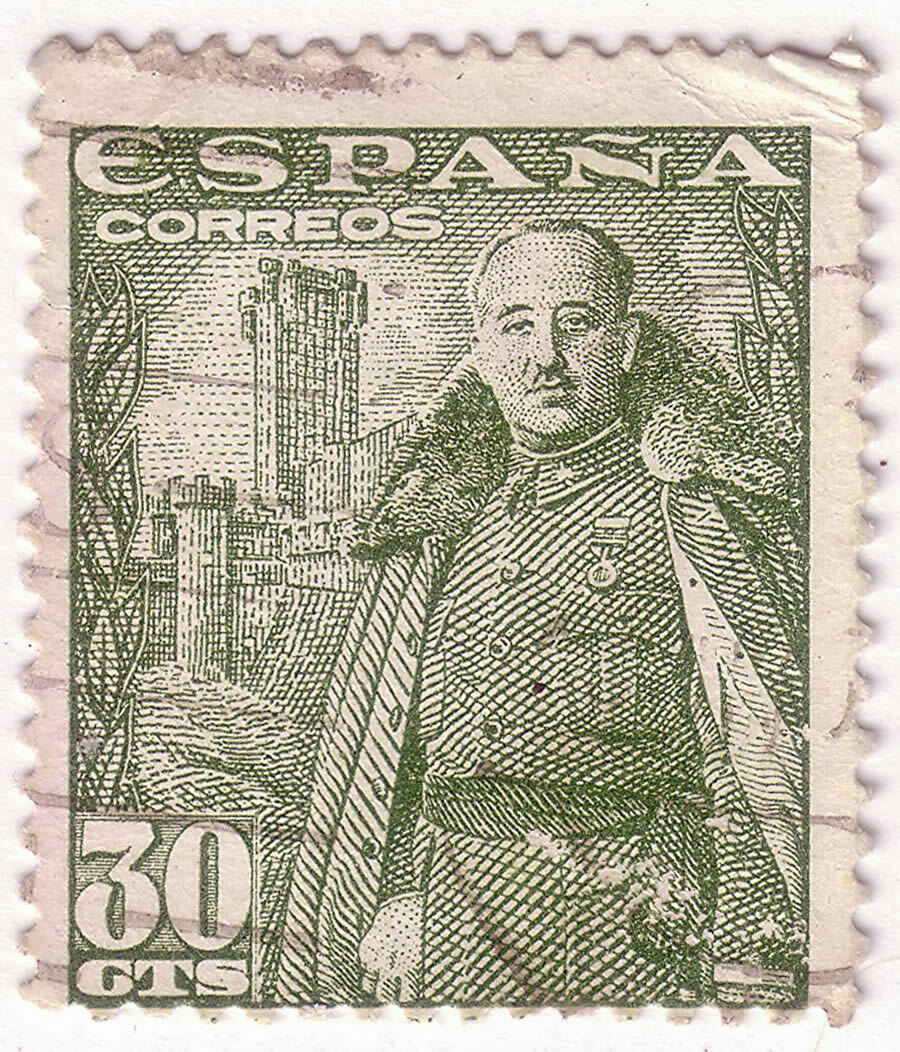Importance of the Battle of the Ebro
Miscellanea / / August 08, 2023

Specialist journalist and researcher
Between July 25 and November 16, 1938, a battle that had to be and was decisive for the course of the Spanish Civil War.
The Battle of the Ebro was the last offensive attempt by the Republican troops, the beginning of the end for the autonomy of Catalonia (which would later be occupied by rebel forces), and would mark the beginning of the end of the war.
The Republic needed a prestigious victory, in addition, to reunite by land the two areas of its territory into which it had been divided: in the northern part, Catalonia without the southern part of Tarragona and west of Lleida, while to the south, an extensive arc of land that stretched from the center of Valencia (the north was under the control rebellion, precisely the strip of land that separated the territories controlled by the government) to Madrid, passing through almost all of Castilla La Mancha, eastern Andalusia, and all Murcia.
From the Catalan government, the confrontation was also seen as an opportunity to gain prestige, in addition to relieving the pressure suffered by the area controlled by the Generalitat from the west, in addition to the fact that any hope of maintaining autonomy -and even of future
independence– They were going to win that battle.The republican government no longer thought of winning the war, but rather of an "honorable exit" and dialogue: if it won the Battle of the Ebro, would eliminate the spearhead of the rebel army, to which should be added the impossibility of the latter taking Madrid. As a consequence, the Republican leaders calculated that the Franco government would have no choice but to agree.
Taking advantage of the fact that, instead of attacking Catalonia, Franco's troops had diverted their attention to the south with the aim of conquering the ports of the Valencian coast, leaving the Republic isolated by sea, the Popular Army in Catalonia reorganized itself and accumulated material resources and troops.
Up to 100,000 men were framed by the Republican side in the Army of the Ebro, which was equipped with the latest weapons to arrive in the territory from, among others, the Soviet Union.
Despite taking the rebel forces stationed south of the river by surprise, the inferior material endowment despite the new weaponry was an insurmountable handicap for the Republican troops, who despite their determined effort would end up fighting in withdrawal.
One of the consequences of the battle was the need for soldiers, which led the Republican authorities to lower the age of conscription in Catalonia, forming what became known as "the fifth of the bottle”.
The conscript soldiers were known as "fifths", a name that dates back to an ancient practice of selecting one in five males of military age (the fifth, hence the name).
The youngest “quintados” in this case were 17 years old, and should have been quintados in 1941…
Faced with this device, the insurgents opposed a smaller number of troops, although very seasoned and experienced (troops coming in many cases from Africa and who had fought on several fronts), better equipped, with higher combat morale, and knowing that they could receive many more reinforcements than their enemies.
That is why a false sense of security was also generated on the fascist side that made them not react when detecting the republican preparations.
Shortly after midnight on July 25, 1938, the Republican infantry, supported by tanks, crossed the Ebro without resistance, and attacked the posts of the rebel troops.
The surprise for the soldiers of the Francoist army was complete, despite the fact that they had noticed the preparations of the Popular Army the preceding weeks, since its commanders had listened ignored.
The units that defended the south bank of the Ebro for the rebels withdrew, in some cases under intense fire from the Republicans.
The crossing of the river and the first contact between the two armies gave the Republicans an advantage, who made rapid progress, and although they did not manage to overcome the enemy defensive line on the flanks, at least they managed to block the units defending these sectors, which could not help the center.
The logistical difficulties and the material deficiencies of the People's Army weighed down the offensive, which gradually lost strength.
However, the main goals of the Republic had been achieved, at least initially: the world was amazed at how the People's Army was still capable of maneuvering, and the rebel army had to stop the rest of its offensives to divert troops from other fronts, such as Valencia and Andalusia, to help the line of the ebro.
The response of the troops of the rebels to contain the republican avalanche came from two factors: their experience and their superiority in aviation.
In the first case, the initially outmatched troops knew how to withdraw in an orderly manner (despite a certain lack of control in the first hours), and redo defensive barriers in what, before the Republican offensive, was its rear, and which, due to the advance of the government troops, became the rear.
On the other hand, the Francoists gathered all the devices they could, also counting on the German Condor Legion, and the Italian legionary aviation. Mastery of the air, which would be cemented as a key factor in winning battles and even wars in World War II World that was to come begins to show itself as key both in the Spanish Civil War and in the Japanese invasion from China.
The rebel army also opened the gates of a dam located upstream, causing a flash flood. of the river that carried away the bridges built by the Republicans in its advance, and even men and material.
The fight soon centered on Gandesa, population in which the Francoist troops put to flight had become strong.
A situation of stalemate is reached, and even Franco himself goes to the place of battle. His instructions are clear: fortify and wear down the republican attack, harassing his forces with artillery and by air, attacks that the Popular Army could not counter.
Once this objective was achieved, on August 6 Franco ordered the start of the offensive in order to reoccupy the territory that the army of the Republic had liberated.
Little by little, day after day, the Republican troops are giving ground to the thrust of the rebels, supported by their superior means and more seasoned and effective troops, although the fight is tenacious
In various scenes of the battle, such as the mountains of the Serranía de Pàndols, remains of the battle, and even the police forces have had to dismantle some explosive device of the time found in the place.
The Republicans make the Franco supporters pay dearly for their advance by putting up a tenacious resistance, which sometimes borders on suicidal.
But then, international politics entered the scene, playing against the interests of the Republic...
The government of the Republic envisioned, like many others in Europe, a war, in the context of which it would align itself with the democratic powers, which would lead to their intervention in the Spanish conflict that would solve the situation.
But then, the Sudetenland crisis was settled with the Munich Pact, the drums of war fell silent (only temporarily), and international waters returned to course.
In other words: the Republic was left alone. And Franco did not miss the opportunity.
The generalized offensive of the rebel army began on October 30, 1938, and was devastating: in In a few days, the Republican troops were expelled from the positions they had taken on the west bank of the ebro. Despite the fact that the Popular Army managed to cross the river in address to their area, numerous troops, many others fell prisoners of the Francoist army.
The consequences of this defeat for the Republic were devastating, and marked the beginning of its end.
From here on, the government troops would be unable to carry out any further offensive, and defeat meant that the rebel army had the door open. for the occupation of Catalonia which, with it, lost its autonomy and suffered, as in the case of the Basque Country and Galicia, a double repression: that of political-social liberties such as in the rest of the territories that made up Spain, which was superimposed on that of its autochthonous culture, the language, and its institutions won within the Spanish Republic.
write a comment
Contribute with your comment to add value, correct or debate the topic.Privacy: a) your data will not be shared with anyone; b) your email will not be published; c) to avoid misuse, all messages are moderated.


